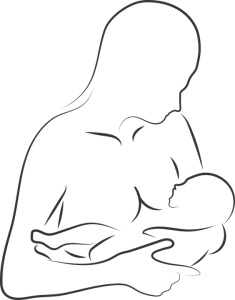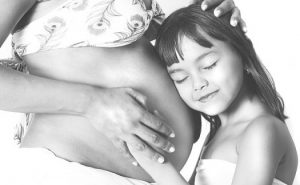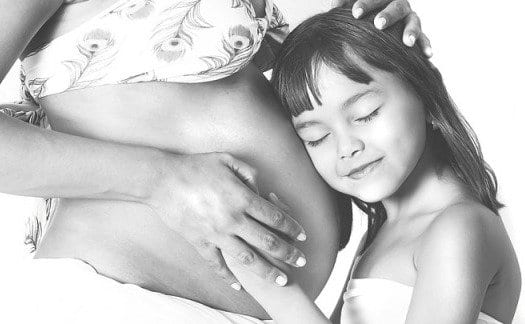
 Women who breastfed their infants exclusively for seven to 12 months may have a significantly lower risk of early menopause than their peers who breastfed their infants for less than a month, according to an analysis funded by the National Institutes of Health. The study also suggests that pregnancy can reduce the risk of early menopause.
Women who breastfed their infants exclusively for seven to 12 months may have a significantly lower risk of early menopause than their peers who breastfed their infants for less than a month, according to an analysis funded by the National Institutes of Health. The study also suggests that pregnancy can reduce the risk of early menopause.
The study was conducted by Christine Langton, M.S.W., M.P.H., of the University of Massachusetts at Amherst, and colleagues.
Previous studies have suggested that menopause before age 45 (early menopause) increases the risk of early death, cognitive decline, osteoporosis, and cardiovascular disease. Smaller studies have found evidence linking pregnancy and breastfeeding with later menopause, but because of their size and other limitations, the results are inconclusive. Moreover, the earlier studies focused on the timing of menopause and not on the risk of early menopause.
In the current study, researchers analyzed data from more than 100,000 women ages 25 to 42 years. Every two years, from 1989 to 2015, the participants responded to detailed questionnaires, providing health information and medical history, including pregnancy history. Compared to women who had never been pregnant or who had been pregnant for less than six months, women who had one full-term pregnancy had an 8% lower risk of early menopause. Those who had two pregnancies had a 16% lower risk, and those who had three pregnancies had a 22% lower risk.
Women who breastfed had an even smaller risk for early menopause. Those who breastfed for a total of 25 months or more during their premenopausal years had a 26% lower risk than women  who breastfed for less than a month. Similarly, women who breastfed exclusively seven to 12 months had a 28% lower risk of early menopause, compared to those who breastfed for less than a month.
who breastfed for less than a month. Similarly, women who breastfed exclusively seven to 12 months had a 28% lower risk of early menopause, compared to those who breastfed for less than a month.
The study did not determine why pregnancy and breastfeeding might lower the risk of early menopause. However, researchers theorize that because pregnancy and breastfeeding halt ovulation, the slowing of the egg loss may delay menopause.
This content was originally published here.







